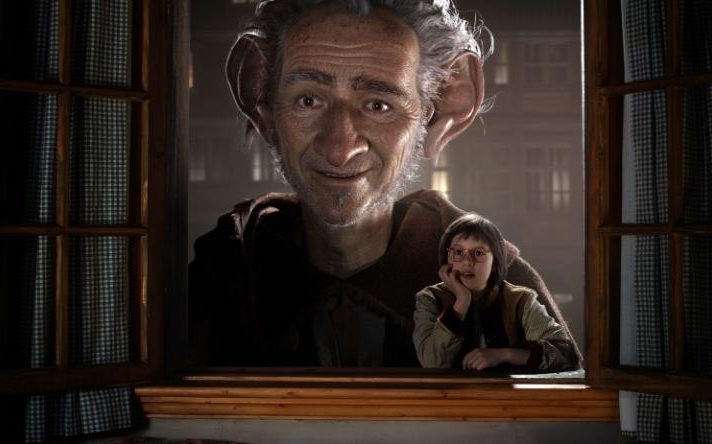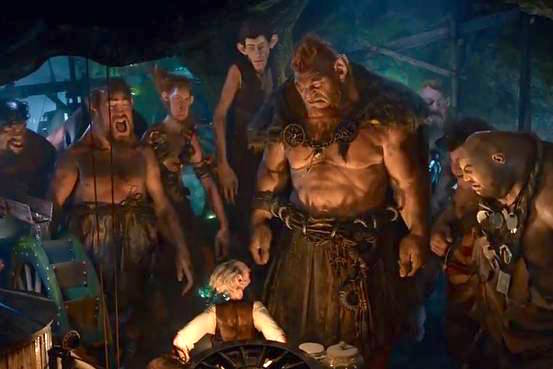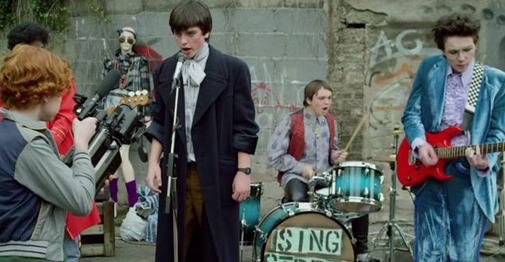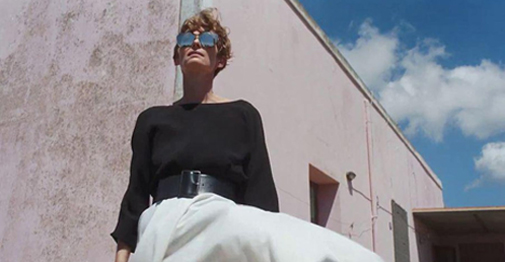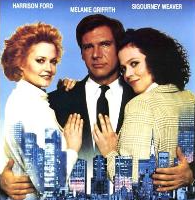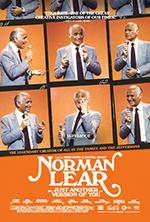Links in the Shell
 Tuesday, July 5, 2016 at 11:00PM
Tuesday, July 5, 2016 at 11:00PM Apartment Therapy Nancy Meyers movie kitchens ranked (somehow The Intern only makes it to 5th. I just saw that and it was surprisingly warm and adorable... and yes still filled with real estate porn)
The New Yorker looks back at the Cassavates classic Faces (1968)
/Film Ghost in the Shell producers are finally responding to whitewashing casting controversies. They promise they've been 'very very careful' with the beloved material even though they cast a white actress (Scarlett Johansson) in the iconic Japanese role. We love Scarlett so so much but this type of thing continues to be a huge problem.
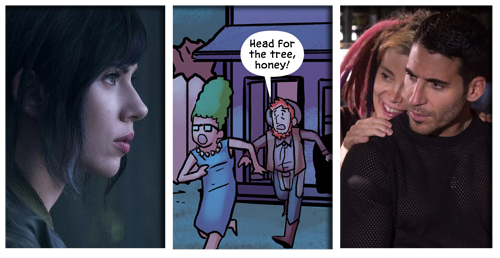
/Film There's going to be an actual Captain America statue in Brooklyn's Prospect Park
Cinematic Corner celebrates Margot Robbie (there will be a lot of that going around soon)
Variety Animation Awards for Europe soon -- their version of the Annies
Screen Crush Thor: Ragnarok officially began production in Australia yesterday
Awards Daily Why not give Roger Deakins the Oscar he has long deserved this year for Hail Caesar!
Off Cinema
Theater Mania Lin-Manuel Miranda and JLo are collaborating on a song to benefit the victims of the recent Orlando shooting
EW American Horror Story Season 6 has a new logo (which looks like a devilish 6) a premiere date (9/14) and most of the cast from Hotel will be back though Lady Gaga is rumored to have a supporting role this time around which begs the question of who the lead will be? Let's hope it's Sarah Paulson. Why keep searching for new leads when your MVP is right there all the time.
AV Club CW seasons will now be available just 8 days after their season finale on Netflix
Towleroad new behind the scenes photos from season 2 of Sense8
MNPP on the broken promise of Rick Yune's nude scene in Marco Polo Season 2
Comics Alliance the Harvey Award nominees for comics in 2016. Valiant Entertainment thoroughly dominated the nominations. Here's one category you can investigate if you're interested
- BEST ONLINE COMICS
- Albert the Alien Trevor Mueller & Gabriel Bautista
- Battlepug Mike Norton
- Bloom County 2015 Berkeley Breathed
- Oh Joy Sex Toy *NSFW* Erika Moen & Matthew Nolan
- Zombie Boy Mark Stokes
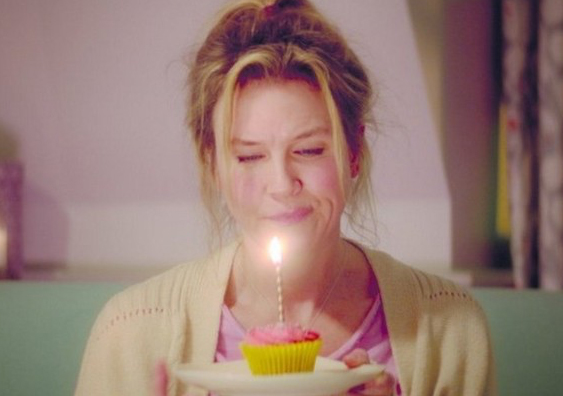
Two Controversial Pieces on Actresses
Variety's Owen Gleiberman is looking forward to Bridget Jones's baby, sort of, in the piece "Renée Zellweger: If She No Longer Looks Like Herself, Has She Become a Different Actress?." It's prompted lots of calls of sexism but it's an interesting article that wonders what we're supposed to do when actors who play characters we love who no longer look like the characters they created (not from aging... though people who are offended by the article keep saying that. Sorry people but Colin Firth still totally looks like D'Arcy. Just an older D'Arcy). I myself always wish actresses wouldn't mess with their faces (if they must, temporary measures are best since the effects wear off if they don't look right!). Their faces are their brand and actors are famous partially because they're so beautiful just as they are. Why mess with perfection? I don't think it's true -- and I keep reading it -- that if actresses don't mess with their faces they don't get work. From what I've seen actresses who mess with their faces in any noticeable permanent way actually STOP getting much work. It distracts audiences too much. Note how Kate Winslet, Annette Bening, Helen Mirren, Meryl Streep, and so on keep aging and keep working.
Wesley Morris' piece for the New York Times "How I Learned to Tolerate Blake Lively" is ostensibly about her performance in The Shallows and Hollywood's ever rotating it girls. People are offended by this one too - partially due to the interchangeability notion of blonde actresses. But it's also interesting because it gets at something that I think anyone can relate to: the experience of loving an actor that Hollywood has moved on from. 'Wait, I wasn't done with _____! " that Wesley says this about Kate Hudson is bizarre but to each their own.



